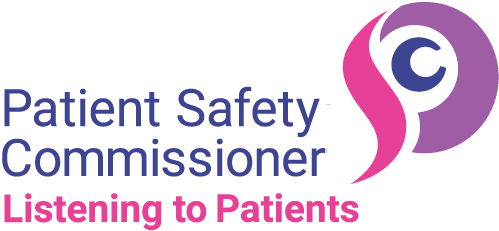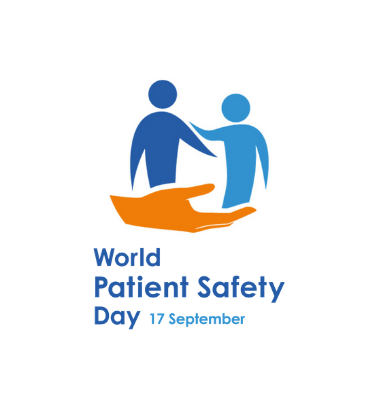
I was appointed as a Patient Safety Partner in March 2022 for Kingston Hospital Foundation Trust in Surrey having worked as an NHS clinician for many years until my retirement. Now I have the opportunity to ensure that patients’ views and experiences are not only heard but are at the heart of decision-making about patients.
I sit on two committees – the Quality, Safety and Risk Committee and the Quality Assurance Committee – and this is the first time that the patient voice has played an equal role in these forums.
The NHS has a duty to each patient it serves. Its policies are used to ensure there is a common adherence to procedures and good practice across the organisation. It is vital that patients are involved in policy writing and shared decision-making to support improvements as their experience brings a new perspective to policy decisions that can increase safety, trust, and effectiveness of care by valuing the impact on the individual.
Many organisations already involve patients in policy writing because patients can question the implementation of policies to ensure they are effective in everyday practice at the ‘coal face’.
My role as a PSP enables me to do a number of things to influence both the development and implementation of trust policy. I am a critical friend and question what changes in policy mean to patients. I pick apart the words, jargon, acronyms, and formal language to find the impact of the policy on individuals.
I speak to patients, relatives, staff, PALs, patient experience and patient safety teams and others to garner as much knowledge as possible about the core problem the policy is trying to solve. I walk around different parts of the organisation as if I am a patient that day and take note of what is working or not. I also hold the organisation to account, checking who’s reading the policy, whose responsibility is it for enacting it, and ensuring staff know about it and comply, and ask them to report back.
PSPs are there to provide external scrutiny of the system and should also ask for reviews of how policies are working and whether they are achieving what they set out to do.
My reflection on the PSP role is that it is important to take the time to build the trust and respect of staff as only then will the patient voice be listened to and acted upon. You need to be as informed as possible about policies and procedures to be discussed and the story behind the problem. You also need to ask questions and endeavour to hold the organisation to account. And a robust approach to the policy implementation is key so that it is not just ‘box ticking’.
Patient Safety Partners present a unique opportunity and we should capitalise on it.
Sue Strudwick
Patient Safety Partner, Kingston Hospital Foundation Trust

